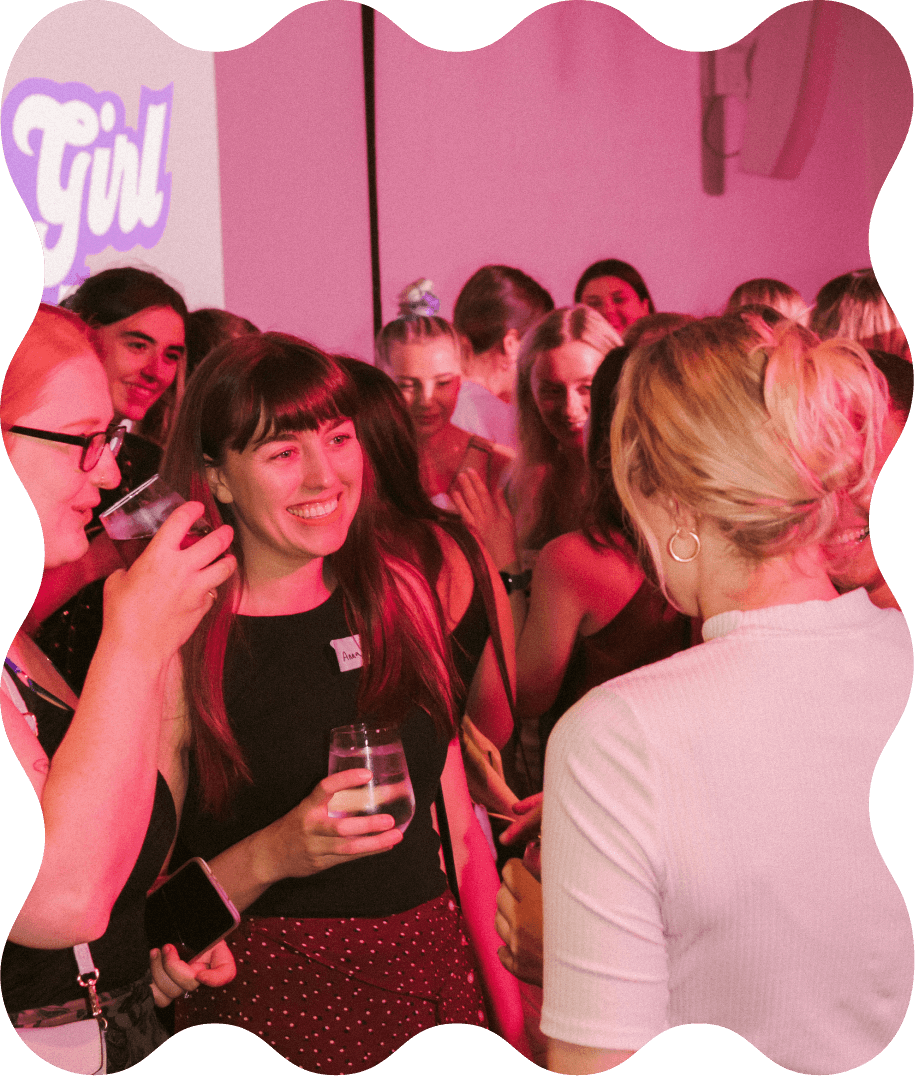As I sat with my boyfriend over dinner last night we cheerfully acknowledged his first successful week of staying ‘dry’ – or abstaining from alcohol consumption – when he turned and looked to me over a bowl of chickpeas and exclaimed “my brain is back!”.
As a matter of fact, he is not the only one feeling revitalised. My brain is back too! The sound of our clinking glasses reverberated down my spine and I became teary eyed as we raised a toast to him, and to us, and the importance and power of choice. I too chose to join him, along with the 6.1 million other Brits who have signed up for Dry January (the UK’s one-month alcohol-free challenge sponsored by Alcohol Change UK.) and while this is the first time I am participating in the Try Dry challenge, I have just entered my eleventh month of sobriety and I have never felt better.
2020 was a disastrous year for so many, wrought with financial, physical and emotional challenges on an unprecedented scale and it is no secret that alcohol consumption and misuse has been on the rise. Now, more than ever, the concerns over mental health are being brought to light as the country and the world suffer from the horrifying impacts of COVID-19.
While Dry Jan is by no means a panacea for the struggles people are facing today, cutting back on the booze may be one way to reduce anxiety and improve both mental and physical wellbeing during this time of uncertainty and gloom. The decision to take a break from alcohol (even if it is just for a handful of weeks) is an empowering choice to take back some control of our lives, of our own happiness and wellbeing with a myriad of physical, mental, financial and social benefits.
Quitting and/or cutting back on booze is a herculean task at the very best of times, especially in the UK where alcohol is tightly interwoven into the fabric of our lives and culture. According to Alcohol Change UK, 20 people every day die in the UK as a result of their drinking, a shocking statistic that underscores just how dangerous our normalised drinking habits and culture are today.
Alcohol harm is impacting millions of lives (unnecessarily) every day and is a causal factor in more than 60 medical conditions, including: throat, mouth, stomach, liver and breast cancers; high blood pressure; and mental health, including depression and anxiety. The Royal Free Hospital published findings in 2018 that shows how reducing the amount of alcohol a person consumes can help to lower high blood pressure and cholesterol, reduce the risk of liver disease and diabetes, and reduce the levels of cancer-related proteins in the blood.
Dry January criticisms
However, like most big movements or social trends that buck the norm, not everyone may feel the same way about Dry Jan. In fact, there are a handful of criticisms out there that are worth mentioning, including the claim that there has been no real scientific investigation since 2017 and so the positive impacts of Dry January are not truly known. Does someone’s life improve because of the reduction of alcohol? Or is it because of the improvement of their quality of life during that time?
Brighter skin, better sleep, more energy for hobbies and physical activities are just some of the ways in which people have reported Dry Jan has helped to improve their lives. And while a robust evaluation of the Dry January campaign may be beneficial in terms of presenting scientific data, as a society, we are not here to break apart and critique the campaign in and of itself, but rather to look at the objective and consequences (both good and bad) of how changing the nature of our relationship with alcohol is long overdue, especially in Britain. (For more information, here is the most recent report by the 2020 Commission on Alcohol Harm).
Another criticism to consider is that Dry Jan – or in fact stopping alcohol suddenly – might do more harm than good as it puts serious problem drinkers at risk. Make no mistake about it, this is a very real concern and one that I understand all too well as I was one of these people. But please rest assured that there are massive disclaimers both on Alcohol Change UK’s site and the Dry Jan app that Dry Jan is not for everyone, especially the small percentage of people who suffer from alcohol dependency, but rather for those looking to cut back and change their attitudes and behaviours around alcohol.
With millions of people planning on giving up and cutting back on alcohol this year, Dry January offers a host of free support via a dedicated app and online communities and gives them a better chance to reset, break old habits and transform their longer-term relationship with alcohol.
I recently read in an article by Business Insider that one of the reasons critics of Dry Jan ‘hate’ the campaign is that it “gives people a chance to brag about themselves.” At first I wasn’t sure how to feel about this criticism. Is it so bad to be proud of our ability to go against a large part of British cultural patrimony and order an alcohol-free beverage at the pub?
But then it occurred to me; what if we change the semantics. ‘To brag’ about our successes (and even our failures) is in our human nature, it is part of sharing our journeys and our stories. We ‘boast’ (at best) about the accomplishments of ourselves or of our children, our spouses, our friends and families for their wonderful work as teachers, NHS staff, frontline workers, and all our other personal heroes. What if we were to change the word by one letter to ‘boost’.
What if we decide to boost not just our own morale but that of others by sharing our stories, our failures and triumphs during this time when we need each other more than ever. Quitting drinking or simply just cutting back is no easy feat whether it is for 31 days or longer, and wouldn’t it be great if we could continue to clap for one another and continue to boost the morale of others both at home and abroad?
It’s never too late to try dry…
Written by Emily Holmes
Emily R Holmes, BA, MSc, MBPsS. Emily’s background in Linguistics paved the way for her MSc in Psychology with a special focus on qualitative research studies. Emily looks at the ways in which individual differences both shape and are shaped by socially constructed cultural norms. Emily has been living booze-free for eleven months with her new puppy in North London. Follow Emily at @holmesem or email at erholmes25@gmail.com.












